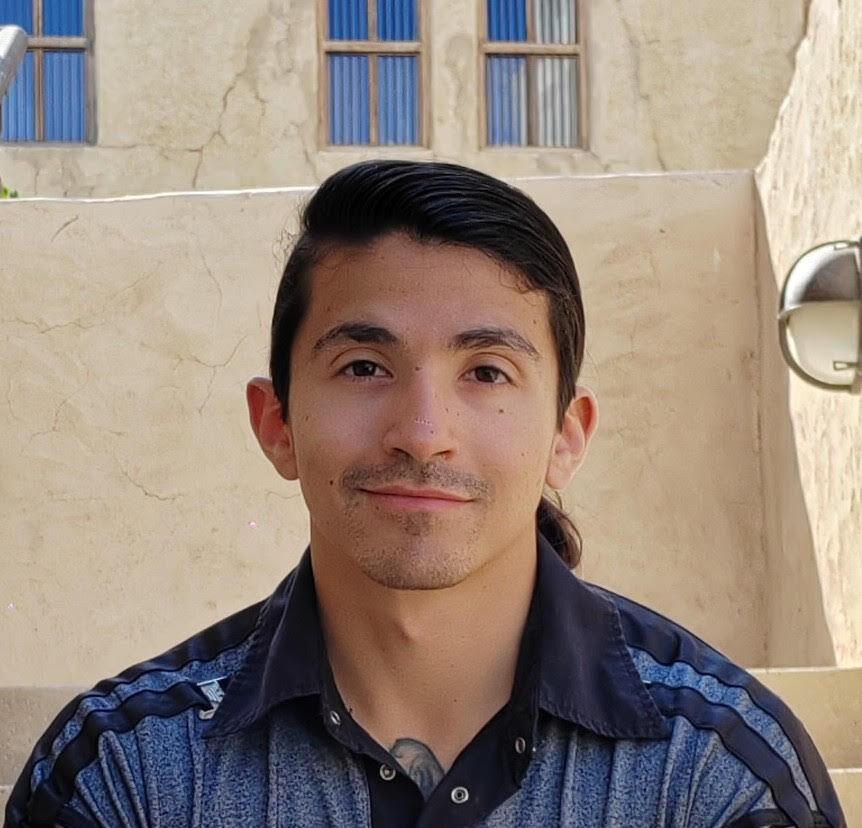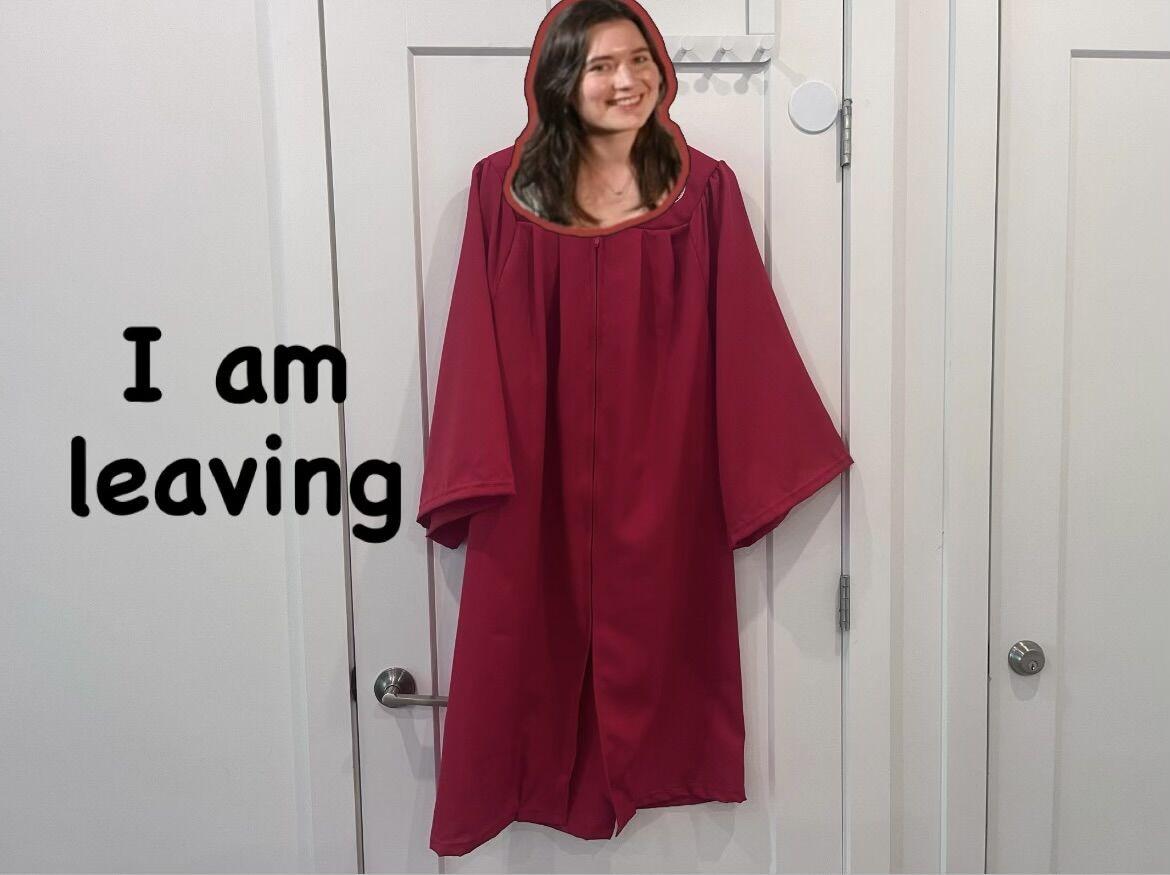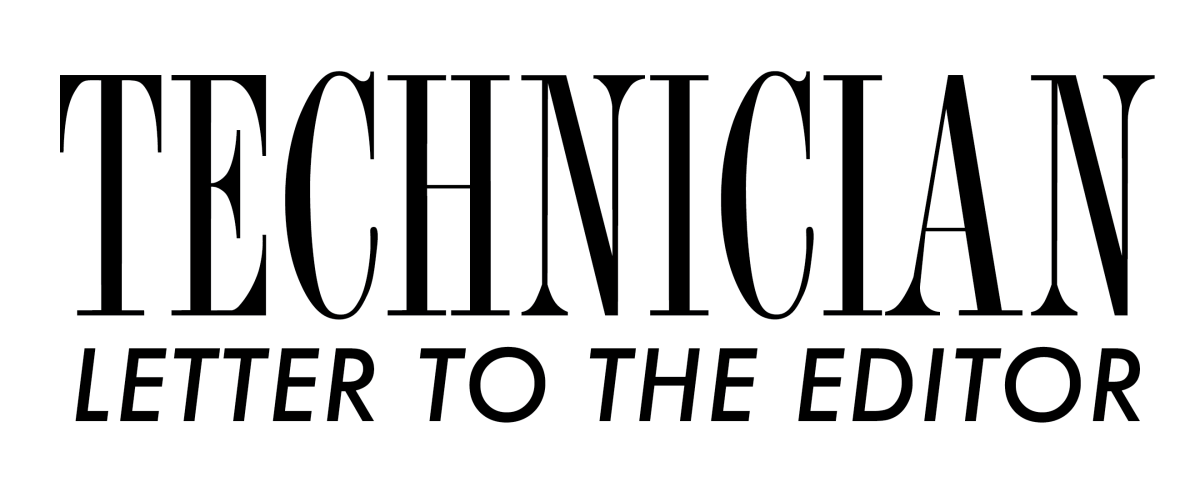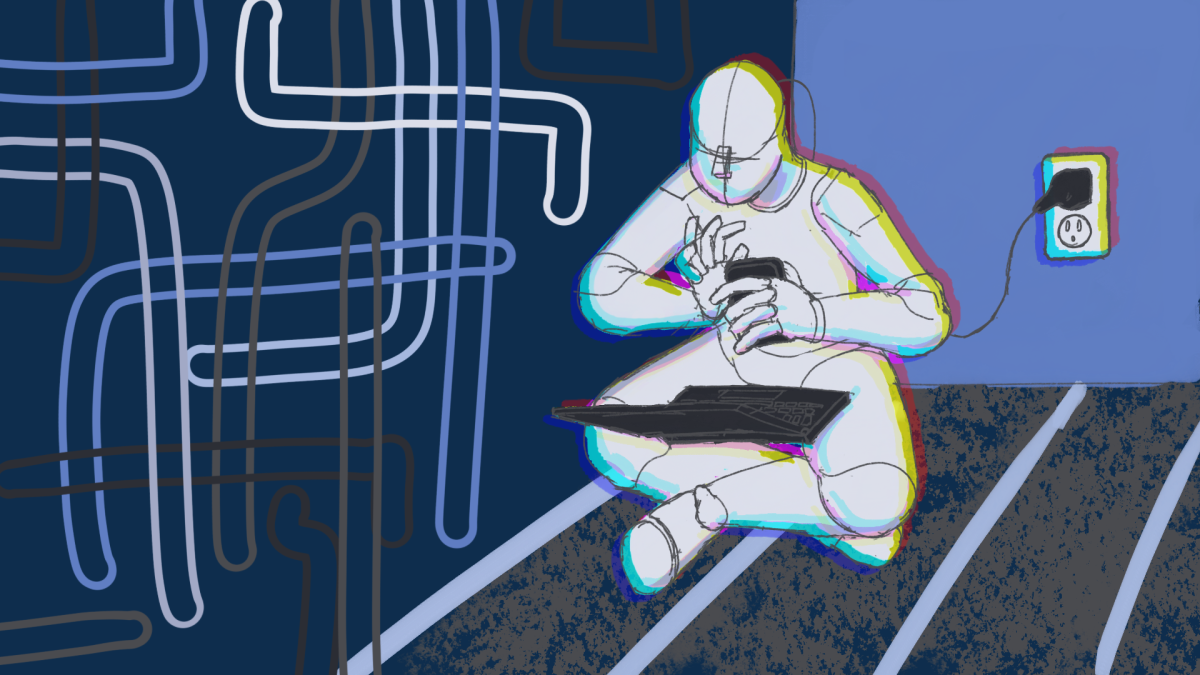*Editor’s note: Ron Sutherland sent this letter to the N.C. State Faculty Senate on April Fool’s Day.
Dear Members of the NCSU Faculty Senate,
I ran across this op-ed in The Daily Tar Heel today and thought it would be extremely relevant to some of your ongoing deliberations:
Hospital sale is for the students.
We can certainly see the perspective of those who don’t want the leaders of UNC-Chapel Hill to sell our iconic hospital. Yes, it has been a part of the University for six decades, longer than most of us can remember. And yes, the staff and alumni of the Medical School have many fond memories from the years of hard work they’ve spent tending patients there and making important discoveries. But times are tough, and we can’t afford to be sentimental about this sort of thing, especially now that our appropriations keep getting cut by the General Assembly in Raleigh.
We’ve done the numbers, and you’ll just have to trust us that if we sell the hospital to a private buyer, and then invest the proceeds into a balanced Wall Street portfolio of stocks and bonds, the annual yield for the Medical School will be three times as high, and much more reliable than what we were getting by owning the healthcare facility ourselves. The Medical School has ambitious plans for becoming a world leader in the burgeoning field of health insurance database ethics management, and we can’t realize those plans (including a brand new building for the HIDEM program) unless we are putting all of the assets we have available to their highest and best use.
And before you start waxing romantically about the heyday of medical training, let’s all take a moment to remember the reason why Dean Walter Berryhill founded the hospital in the first place: to make money for the Medical School. We live in a modern world now, much different from when Berryhill was around, and we think he would fully support our move to liquidate the hospital assets and invest them somewhere where they will safely earn higher returns.
It is not like the hospital was getting that much use anyway. Sure, medical students still undergo some training there, but in recent years we’ve strategically moved most of their curriculum to the UNC Urgent Care Center on Farrington Road. We just don’t need a dinosaur facility like the hospital anymore—it’s too big and cumbersome, and it takes too much of our administrative capacity to manage it. The world of healthcare has moved on, and training doctors is only a small part of what UNC’s Medical School does now in 2014. There are some minor concerns about the impact of the sale on public health in North Carolina, but as the Chancellor sagely remarked, “We’re not the Department of Healthcare, we’re a University.”
Right now the financial integrity of our school is far too dependent on the whims of healthcare demand. And with the recession still lingering on, demand for the most profitable kinds of healthcare is at a low point we haven’t seen in years. Some have tried to argue that the same lack of demand is going to reduce the amount of money we’ll get for selling the hospital, but they are forgetting one thing: opportunity costs. How long would they have us wait to sell the hospital, and how many years of crucial scholarships for HIDEM students would that cost us? And let’s not forget that Chapel Hill seems to be a magnet for tornadoes, rendering the entire hospital vulnerable to being destroyed with barely a moment’s notice. Compare that to Wall Street, which just isn’t subject to those kinds of random fluctuations.
You’re right—we did promise everyone last year that the facility would remain a working hospital under the new ownership, but it turns out that permanent restrictions of that sort just aren’t typically part of a hospital sale agreement. We take the buyer at his word that the legacy of the hospital will be preserved, perhaps through a nice little stone memorial sheltered from all of the new construction that will soon be underway.
Anyway, it goes without saying that when you’re selling the largest asset of a public university to a private buyer, secrecy is an absolute imperative. Otherwise the sensitive negotiations could go sour with little provocation, and then our financial objectives for the sale would not be fully achieved. Though we can’t provide you with every detail about what is going on, rest assured we have only the best interests of the Medical School in mind when we make these tough decisions.
Does any of this crazy talk sound familiar? It should; I’ve just described the perfectly preposterous sale of Hofmann Forest by N.C. State, mimicking the administration’s pro-sale arguments almost word for word.
All I ask is that you fully consider whether you want this sordid tale to be the legacy of N.C. State in 2014, and if not, that you take action accordingly. Feel free to share this essay with anyone who might find it interesting, amusing, or insulting.
Thank you for your strong leadership,
Ron Sutherland
NCSU Biology ‘99







